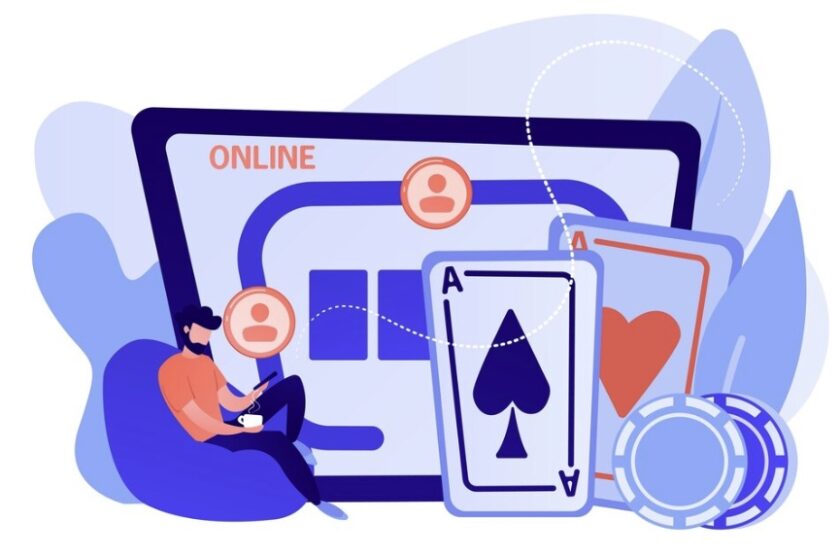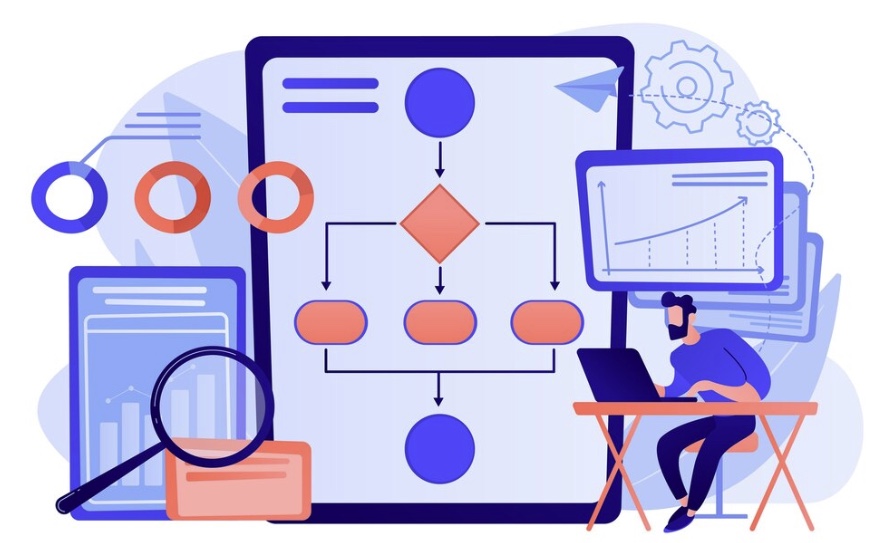Kahnawake Gambling License: What Are Its Features and Why You May Need It

The Kahnawake gambling license has become one of the most sought-after licenses in the online gaming industry. Issued by the Kahnawake Gaming Commission (KGC) based in the Mohawk Territory of Kahnawake in Canada, this license offers multiple advantages for iGaming operators and startups looking to set up shop.
Introduction to the Kahnawake Gambling License
The Kahnawake Gambling License (KGC) was established in 1996, making it one of the oldest regulatory bodies in the industry. Over the years, it has earned a reputation for being a strict but business-friendly jurisdiction. Some key facts about the Kahnawake license:
- It allows licensees to offer a wide variety of online gaming activities globally, including casinos, sportsbooks, poker, etc.
- The KGC does not restrict operators from offering services to players based in gray markets.
- Comparatively low setup and renewal fees compared to other mainstream licenses.
- Allows gaming websites to be hosted on servers located anywhere in the world with and with co-location facility that is located within Kahnawake and that is managed by Continent 8 Technologies plc
- Comparatively fast processing and approval time for gaming license applications.
Key Features and Advantages
The Kahnawake license comes packed with features designed to benefit both operators and players.
1. Ability to Operate Globally
One of the biggest advantages is the ability to offer gaming services in multiple countries around the world. This global reach is a major reason why entrepreneurs pick Kahnawake over other jurisdictions.
The KGC does not prohibit licensees from servicing gray markets as long as operators adhere to certain guidelines and prevent underage and problem gambling. Thus, you can tap into lucrative markets legally while being based in a reputed jurisdiction.
2. Lower License Fees
The KGC offers very reasonable fee structures for applying for, renewing and maintaining a gambling license.
OFFICIAL LICENSE FEE for Client Provider Authorization license is USD 40000 that includes:
USD15,000 for Commission’s due diligence investigations of the applicant company and its
principals and Key Person (non-refundable)
USD 20,000: first annual licensing fee (refundable if CPA is not granted).
USD 5,000: Key Person License application fee
This price is really low compared to the cost of license obtaining and maintenance in UK or Malta or even Curacao after recent regulatory changes. The affordable pricing allows smaller operators to acquire a license and compete with established brands easily.
3. Flexible Hosting Regulations
Most gaming licenses mandate operators to host gambling websites and back-end infrastructure within the same jurisdiction. However, the KGC allows its license holders to host games, servers and databases in remote hosting facilities located elsewhere with some of servers located at colocation facilities with Kahnawake.
This gives operators more flexibility and scalability. You have the option to choose servers in countries with better infrastructure without being bound by hosting requirements.
4. Comparatively Fast Approvals
Many jurisdictions are notorious for taking several months to review and approve gaming license applications. But, the KGC aims to complete the approval process within 8 to 12 weeks. This allows operators to launch their online casino, sportsbook or poker room faster.
Of course, the exact approval timelines also depend upon the quality and completeness of your application. However, you can further expedite approvals by working closely with the KGC compliance team during the application process.
5. No Taxes on Gaming Revenue
Unlike some jurisdictions, the KGC does not charge taxes on gaming revenue generated by licensees. You get to keep 100% of your profits. This helps in improving profit margins dramatically.
Of course, operators still need to pay income tax as per the tax laws of their home country. However, not having to share gaming revenue with the KGC keeps costs low.

Requirements to Get a Kahnawake License
While the Kahnawake jurisdiction offers more leeway than many other mainstream licenses, operators still need to fulfill certain compliance requirements – both during the application process and post-licensing.
Here are some of the key criteria:
Strict Due Diligence & KYC
The application procedure involves extensive due diligence of both the operator and its owners/directors. This includes detailed questions about company structure, operations, gaming platforms, payment processing and Anti Money Laundering (AML) procedures.
The KGC also conducts thorough background verification checks on key management personnel before issuing a license. There is no room for shortcuts, which is why the Kahnawake license is credible.
Robust AML, KYC & Responsible Gaming Standards
Once licensed, operators must implement strong Know Your Customer (KYC) and Anti-Money Laundering (AML) controls. This includes mandatory identity verification of players, monitoring of transactions, risk profiling, audit trails and reporting of suspicious activities.
Adopting responsible gaming standards is also essential. Operators must provide self-exclusion options and links to problem gambling resources on their platforms.
By taking responsible gaming seriously and prioritizing player interests, the KGC has managed to differentiate itself from “rogue jurisdictions.”
Annual License Renewal
Kahnawake gaming licenses must be renewed annually at a fee. This renewal procedure also involves re-verifying licensees each year.
The annual renewal ensures sites don’t go “rogue” later down the line. It also acts as a great incentive for operators to keep their houses in order.
How to Get a Kahnawake Gambling License
If a Kahnawake gaming license fits your requirements, here is an overview of the application process:
1. Submit Online Application Form
First, you submit an online application form with basic details of ownership, operations and gaming platforms. This helps the KGC determine eligibility.
If your business meets the initial criteria, they will ask you to proceed to the next steps.
2. Key Individual & Corporate Due Diligence
In the next step, KGC commences extensive due diligence on the company, its directors, shareholders and technology partners.
You will need to submit ownership charts, financial statements, operational diagrams, platform details, and personal documents for all key individuals associated with the business.
Background verification checks, international sanctions list screening and on-site audits may also be conducted.
So, keep your records ready!
3. Submit Gaming Site Specifications
Along with the due diligence, you need to provide complete details of the online gaming websites you plan to operate under the license. This includes:
- Game and software specifications
- Payment processing workflows
- Bonus terms and conditions
- Account security features
- AML, KYC and responsible gaming policies and tools
Having detailed site plans and paperwork ready can help expedite the review process.
4. Certification & Approval
Once the KGC review team is satisfied with compliance, technical specifications, and site plans, they will issue a formal certificate of approval.
And just like that, you can launch your online gaming business in a well-regulated jurisdiction!
Bottom Line
For gaming operators targeting global audiences, the Kahnawake license offers the perfect mix of reach and responsible regulation. With affordable fees, and faster setup timelines, Kahnawake’s iGaming licensing model sets a gold standard.
Spotted something? Got a story? Email: [email protected]
Latest News
